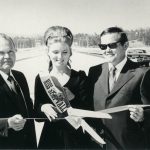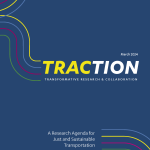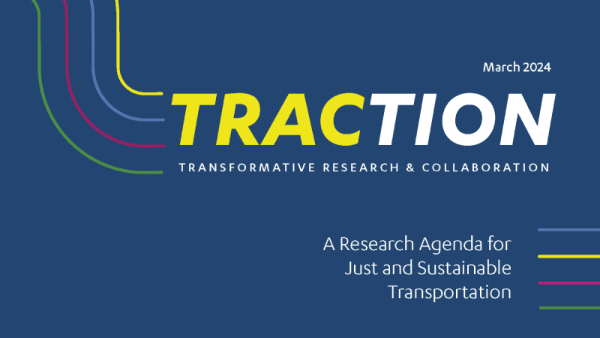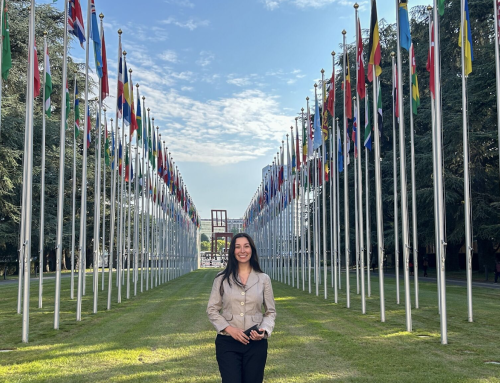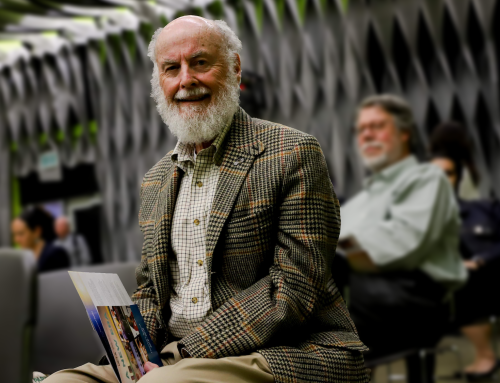Sustainable LA Grand Challenge launches initiative focused on transportation
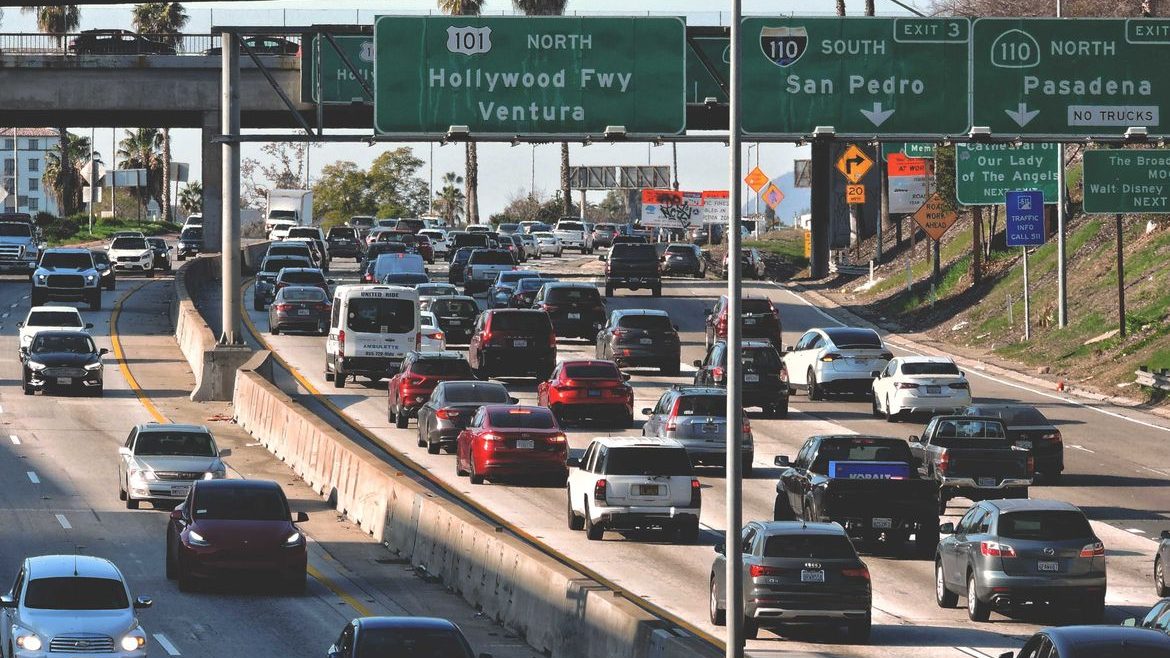
by Jonathan Van Dyke
A new initiative of the UCLA Sustainable LA Grand Challenge intends to bring UCLA scholars together with community stakeholders to address a rotating list of four key topics related to sustainability: transportation, energy, water and ecosystems.
The program, called TRACtion — for Transformative Research and Collaboration — will begin with a two-year series of activities and funding opportunities called Transforming Transportation in Los Angeles that will tackle the city’s seemingly intractable transportation challenges.
“TRACtion aims to deepen UCLA’s engagement with Los Angeles, so we can collectively confront the region’s greatest sustainability challenges,” said Eric Hoek, a UCLA professor of civil and environmental engineering and director of the Sustainable LA Grand Challenge. “The intention is to be proactive and to productively engage communities and sustainability stakeholders around the region.”
The Transforming Transportation track, which will run through the end of the 2023–24 academic year, will tap the expertise of the UCLA Institute of Transportation Studies.
After the transportation track is complete, TRACtion will begin a new two-year cycle on one of the other topics, cycling through all four by 2029–30. Faculty members will collaborate across academic disciplines and with external partners from throughout the region — beginning at the project planning phase — with the goal of developing solutions that have real societal impact.
After a kickoff meeting for each cycle, TRACtion will see the formation of working groups comprising faculty members and representatives of community organizations. The initiative will also present workshops, speaker series and salons; offer grants and research development support; and ultimately result in the publication of a report with findings, policy recommendations, and technological and strategy solutions.
“As a policy-engaged research center, we often work with external partners,” said Adam Millard-Ball, professor of urban planning and acting director of the UCLA Institute of Transportation Studies. “Here, we’re taking that a step further — working with partners in community-based organizations and advocacy groups to identify the research gaps and barriers to a more equitable transportation system, and then funding research to fill some of these gaps.”
TRACtion organizers held a kickoff meeting on campus Jan. 26. The 80-plus participants included not only UCLA faculty but also representatives of community organizations such as CicLAvia; the Alliance for Community Transit–Los Angeles, or ACT–LA; the South Los Angeles Transit Empowerment Zone, known as SLATE-Z; and the East Yard Communities for Environmental Justice.
“These are voices that will disagree and push each other,” Millard-Ball said. “If we don’t make some people uncomfortable, I don’t think we’ve pushed people far enough.”

At an introductory meeting, UCLA scholars were joined by representatives from a range of Los Angeles community organizations.
Among the UCLA scholars who participated were faculty members from academic units including the schools of medicine, law and public affairs, as well as professors from the divisions of social sciences and humanities in the UCLA College.
Millard-Ball said it was critical that the effort encompass expertise from across numerous disciplines. Involving political scientists, for example, might illuminate how elected officials determine transportation policy; historians could help explain how the car has come to dominate transportation discourse; artists and designers could help ensure that solutions are shared with the public in engaging and culturally relevant ways.
“Transportation equity and sustainability are too important to be left to transportation scholars alone, and we need these sophisticated, multidisciplinary perspectives,” he said.
Also among the attendees was California Transportation Secretary Toks Omishakin.
“It’s truly inspiring to see this many people focused on the issue,” Omishakin said. “If we want the future that we’re hoping to have, it’s going to take the very work you’re passionate about doing.”
Darnell Hunt, UCLA’s executive vice chancellor and provost, added that TRACtion’s focus on community engagement and equity were points of pride.
“TRACtion is a perfect example of what public universities like UCLA do so well,” he said. “We bring together top researchers from across the disciplines — as well as partners like civic leaders, community organizations, agencies and businesses — to address critical issues facing society.”
Recent Posts
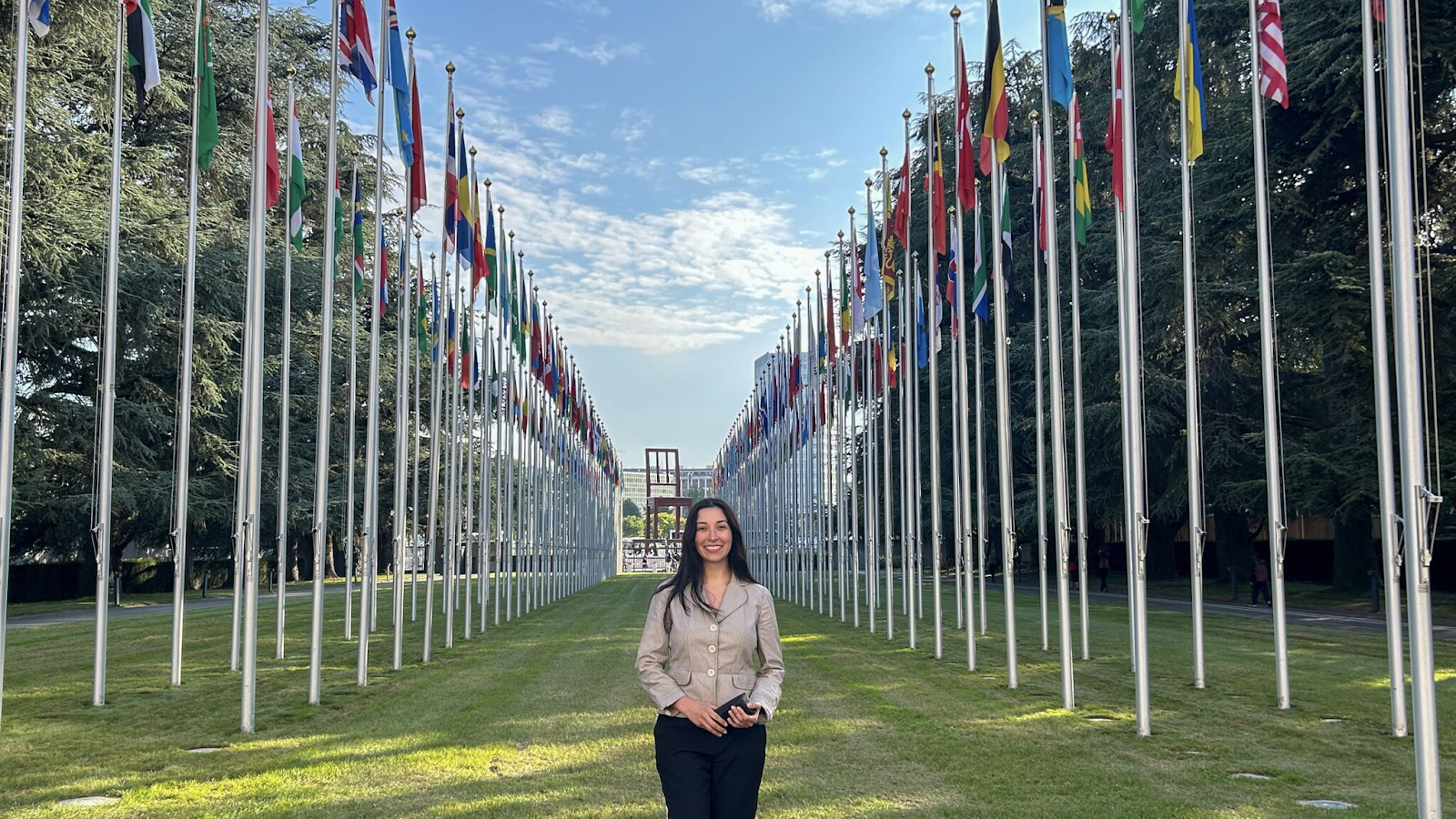
MURP student ‘speaking up’ for equity in transportation and planning
Veronica De Santos spent a semester abroad in Geneva, where she called on global leaders to invest in underrepresented voices shaping the future of sustainability and transportation.
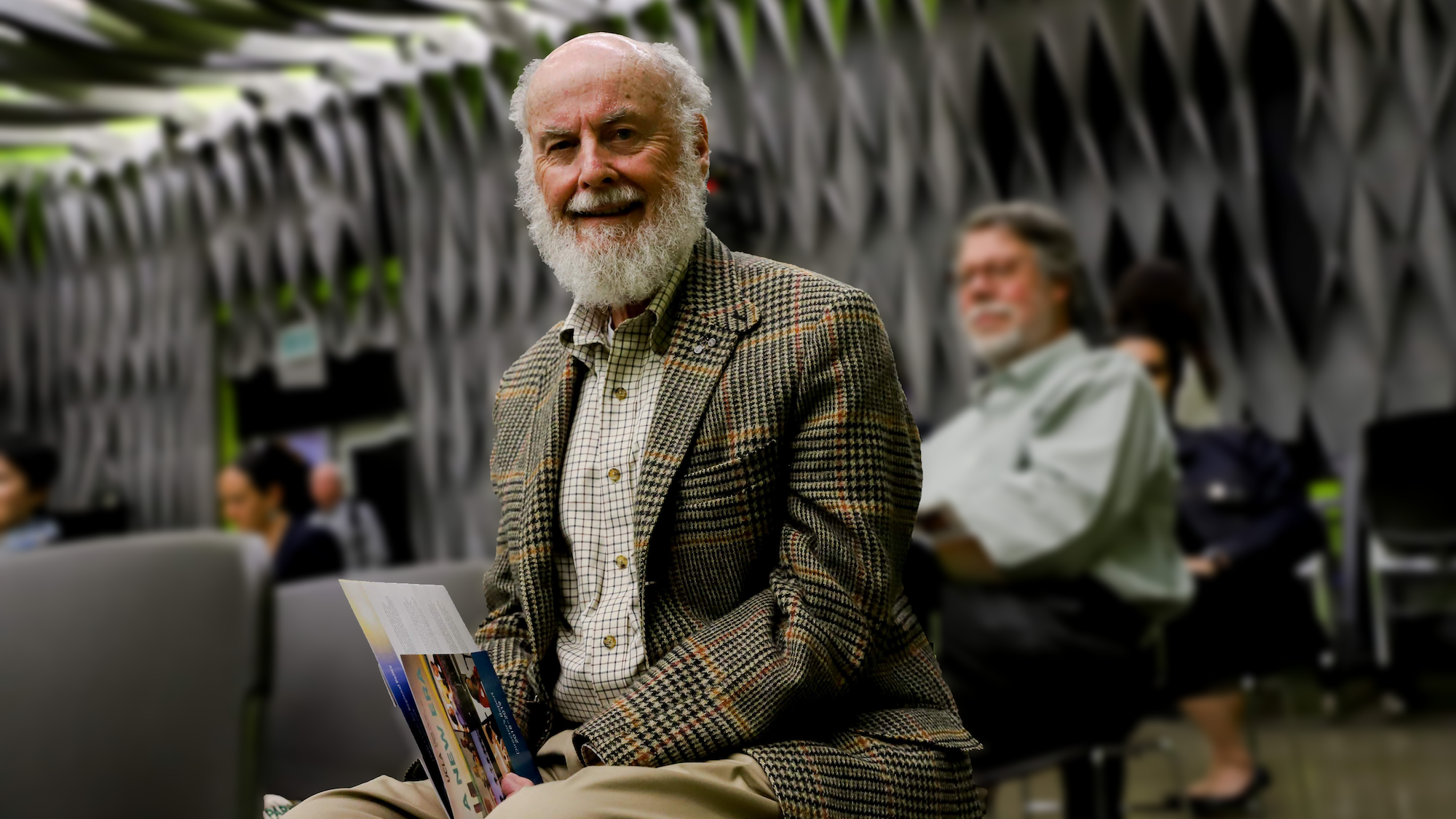
Remembering Donald Shoup
UCLA ITS’ 2nd director and a visionary scholar reshaped cities with his pioneering work on parking, inspiring legions of ‘Shoupistas’ and lasting change.


